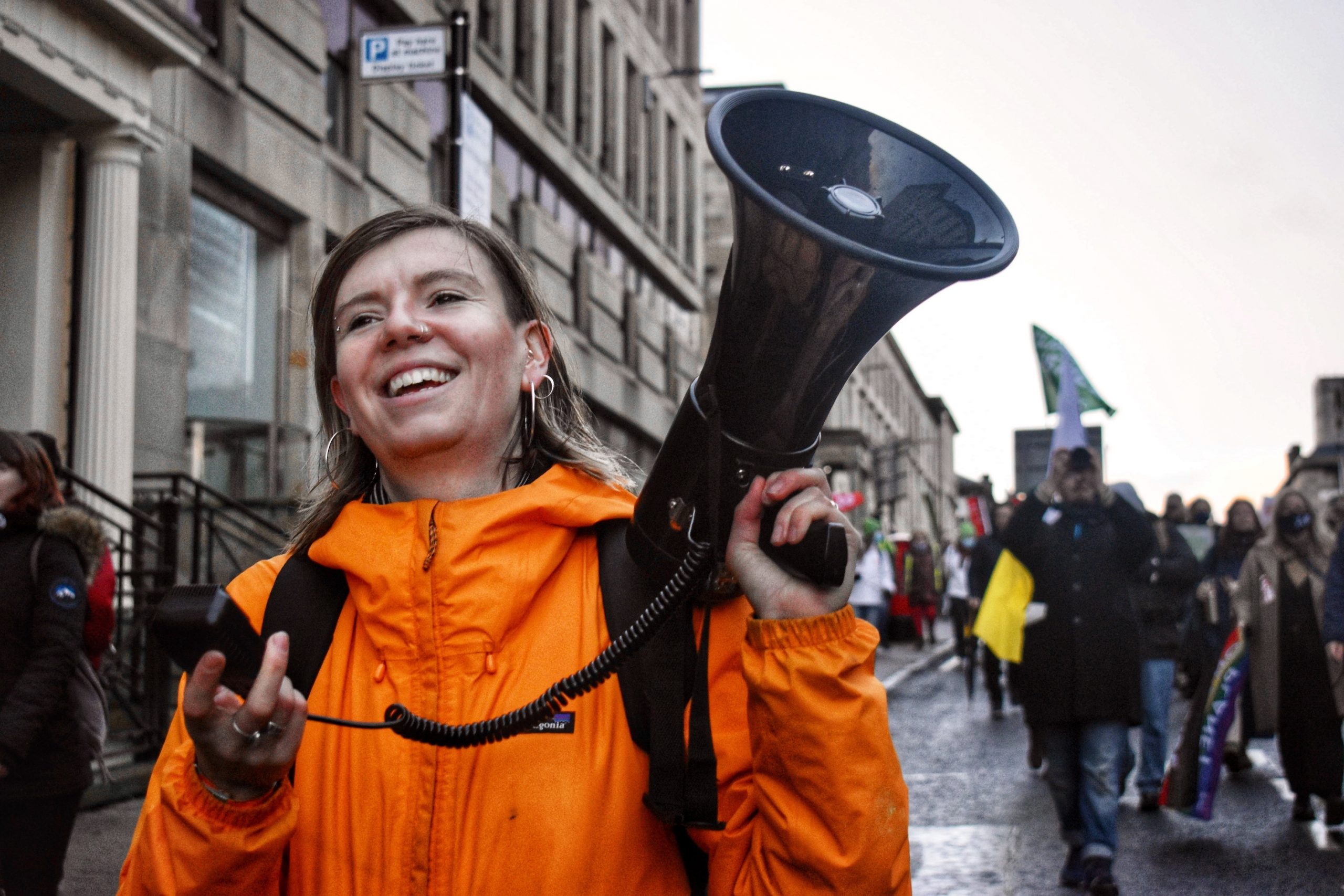
Lord Turner to set out vision for tackling climate change in Scotland
Lord Turner, Chair of both the Government’s Committee on Climate Change and the Financial Services Authority (FSA), will address a packed house at the University of Edinburgh’s McEwan Hall on Monday evening (9 Feb 2009). In the speech he will address the opportunities available to tackle climate change and will discuss the economic costs of inaction on climate change in the light of the current economic downturn.
The Committee’s recent key publication “Building a low-carbon economy – the UK’s contribution to tackling climate change”, sets out a vision for how the UK can reduce its emissions of greenhouse gases by at least 80% in 2050 in order to avoid the dangerous impacts of climate change.
Lord Turner will reflect on the opportunities available in Scotland to reduce emissions in the power sector, agriculture, transport and in buildings and industry and will comment on the Scottish Climate Change Bill and the political and practical challenges of implementing a low-carbon economy.
Turner will emphasise that the current economic downturn is a short-term issue, and that inaction on climate change would have long-term impacts on the global economy and environment. The CCC has estimated that climate change can be tackled at a cost of 1% of GDP to the UK’s economy by 2020. Lord Turner will discuss how energy efficiency measures should be put in place in homes and offices as part of a green ‘New Deal’ which could create new jobs, reduce householders bills and emissions. The Government will also need to invest in green energy infrastructure and address financial constraints on investment in renewable energy projects due to the credit crunch. The recession must not be used as an excuse not to tackle climate change, Turner will say.
The lecture has been organised by Friends of the Earth Scotland in conjunction with the British Council Scotland and the University of Edinburgh. It celebrates Friends of the Earth Scotland’s 30th birthday and the British Council’s 75th.
Lord Turner said:
“Climate change is the greatest threat that we currently face. The economic downturn that we are living through now will be short-lived compared to the long-term impacts on human welfare and the environment if we fail to act on climate change. As set out in our report, the UK needs to significantly reduce its emissions of all greenhouse gases by at least 80% in 2050, and Scotland has an important role to play in contributing towards this. There are important opportunities that can be exploited in Scotland, for example the use of more renewable energy, reduction of emissions from buildings and industry and agriculture and transport. I am delighted to have been invited to address this conference. “
Duncan McLaren, Chief Executive of Friends of the Earth Scotland, said:
“It’s a great honour to have Lord Turner to speak. He is probably the most influential person working in climate change in the UK, and his roles with both the FSA and Climate Change Committee mean he has a unique understanding of the interactions of environment and economy. We trust Lord Turner’s comments will inspire Scotland to invest in the sort of green “New Deal” needed to both combat recession and take leadership on climate change.”
Roy Cross, Director British Council Scotland, said:
“The issue of climate change is one of the largest challenges facing today’s society. Given our extensive links in 110 countries, we aim to strengthen relationships among decision makers, influencers and future leaders worldwide to tackle climate change. Friends of the Earth Scotland and the University of Edinburgh are clearly powerful parties in this endeavour and we are delighted to be working with them.”
ENDS
NOTES
Committee on Climate Change (CCC)
The CCC (theccc.org.uk) is an independent body established under the Climate Change Act to advise the Government on setting the first legally binding carbon budgets, and to report to Parliament on the progress made in reducing greenhouse gas emissions. The CCC also advises on what the UK’s long-term climate change target should be as a fair contribution towards a global deal.
The Committee’s report concludes that:
· The UK should reduce Kyoto greenhouse gas emissions by at least 80% below 1990 levels by 2050 (77% below 2005 emissions). This would be an appropriate UK contribution to a global deal aiming to reduce Kyoto gas emissions to between 20-24 billion tonnes by 2050 (about 50-60% below current global levels).
· The 80% target should apply to the sum of all sectors of the UK economy, including international aviation and shipping.
· Building a low-carbon economy sets out the UK’s first three carbon budgets for 2008-2022. Carbon budgets will apply to all Kyoto greenhouse gases. Two sets of budgets have been proposed, one to apply following a global deal on emissions reductions (“Intended” budgets), and the other to apply for the period before a global deal is reached (“Interim” budgets).
· The Intended budgets require an emissions reduction of 42% in 2020 relative to 1990 (31% relative to 2005). The Interim budget requires a 34% emissions reduction in 2020 (21% relative to 2005).
· The Government should not plan to purchase offset credits (e.g. CDM) to meet the Interim budget. More generous use of offset credits, however, would be appropriate in transitioning from the Interim to the Intended budgets.
· The cost of meeting proposed budgets is less than 1% of GDP in 2020, and potential competitiveness issues for energy intensive industries can be addressed through appropriate design of the policy framework.
